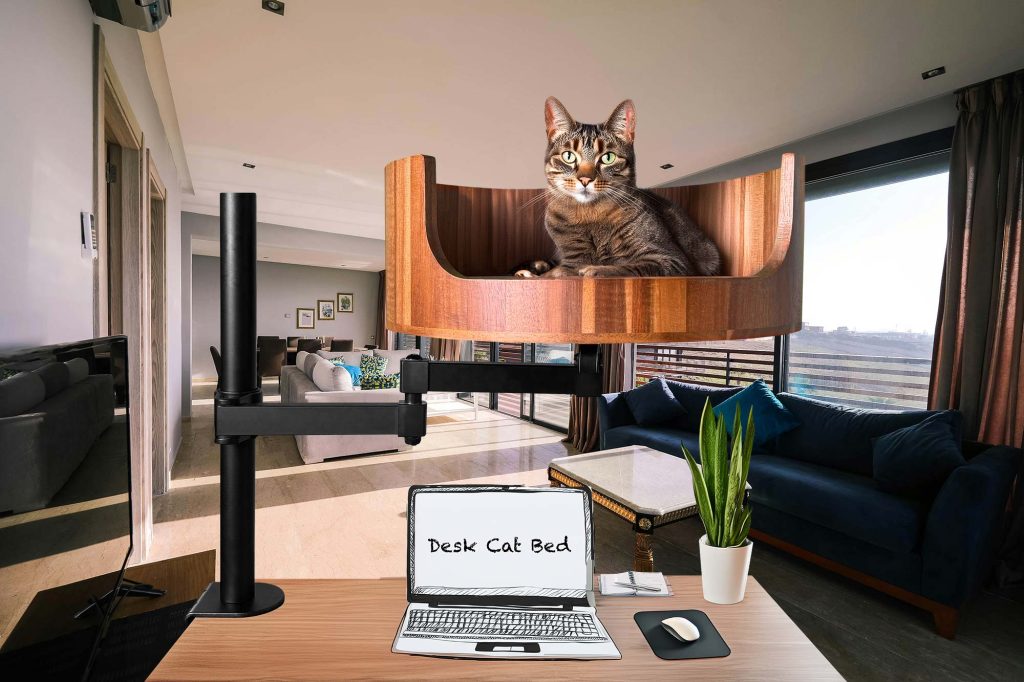Have you ever noticed your cat munching on grass and wondered why they do it? It may seem strange, but this behavior is actually quite common among felines. In this article, we will delve into the reasons behind why cats eat grass and what it means for their health and well-being.
From the infamous Garfield to the mysterious Cheshire Cat, cats have always been known for their quirky behaviors and preferences. One such behavior that often leaves cat owners scratching their heads is when their beloved pet decides to snack on grass. While it may seem odd at first, there are actually several reasons why cats engage in this behavior. In this article, we will explore the various reasons behind why cats eat grass, from fulfilling their nutritional needs to aiding in digestion. Understanding why your cat eats grass can help you better care for your furry friend and ensure their overall health and happiness.
1. Cats may eat grass to aid in digestion, as it can help them regurgitate hairballs or ease stomach discomfort.
2. Some experts believe that cats may eat grass to add fiber and important nutrients to their diet.
3. It’s important to ensure the grass your cat is eating is safe and free from pesticides or chemicals.
4. Providing indoor grass or wheatgrass can be a safe alternative for cats who enjoy grazing.
5. If your cat’s grass-eating behavior becomes excessive or is accompanied by vomiting or other concerning symptoms, consult with your veterinarian.
Why do Cats Eat Grass?
Cats may eat grass for a variety of reasons, including aiding in digestion, providing essential nutrients like folic acid, or even as a natural laxative to help with hairballs. This behavior is instinctual and can be observed in both domesticated and wild cats. Some cats may also eat grass to add more fiber to their diet or because they simply enjoy the taste and texture.
Is Eating Grass Harmful to Cats?
While eating grass is generally not harmful to cats, it is essential to ensure that the grass they consume is free of pesticides or toxic substances. Some cats may vomit after eating grass, which is usually a natural response to help them get rid of indigestible material. However, if your cat shows signs of distress or continues to vomit after eating grass, it is best to consult with a veterinarian to rule out any underlying health issues.
Alternatives to Grass for Cats
If you are concerned about your cat’s grass-eating habits, there are alternatives you can provide to satisfy their natural urge to nibble on plants. You can grow indoor cat grass specifically for your feline friend or offer them safe, non-toxic houseplants to chew on. Catnip or catmint can also be given to cats as an alternative to grass for them to enjoy.
When to Seek Veterinary Advice
While eating grass is generally considered normal behavior for cats, excessive grass consumption or changes in your cat’s behavior may warrant a visit to the veterinarian. If your cat is showing signs of distress, vomiting excessively, or experiencing any other concerning symptoms after eating grass, it is crucial to seek professional advice to ensure their health and well-being. Your veterinarian can help determine if there are any underlying issues causing this behavior and provide appropriate treatment or guidance.
Frequently Asked Questions
Why is my cat eating grass?
Cats may eat grass for a variety of reasons including aiding in digestion, providing essential nutrients, or simply because they enjoy the taste and texture of grass. However, if your cat is constantly eating grass, it could be a sign of an underlying health issue such as an upset stomach or a dietary deficiency.
Is it harmful for my cat to eat grass?
While the occasional consumption of grass is generally not harmful to cats, ingesting large amounts can lead to various issues such as vomiting, diarrhea, or irritation to the throat and mouth. It is important to monitor your cat’s grass consumption and consult with a veterinarian if you have concerns.
How can a Desk Cat Nest help prevent my cat from eating grass?
A Desk Cat Nest provides a designated place for your cat to rest and play indoors, which can help keep them entertained and mentally stimulated. By providing a cozy and comfortable space for your cat, they may be less inclined to seek out grass for entertainment or stimulation.
Will a Desk Cat Nest stop my cat from eating grass altogether?
While a Desk Cat Nest can help reduce your cat’s desire to eat grass indoors by providing an alternative source of entertainment, it may not completely eliminate the behavior. It is essential to also address any underlying health issues or dietary deficiencies that may be causing your cat to eat grass in the first place.
How do I introduce my cat to a Desk Cat Nest?
It is best to gradually introduce your cat to the Desk Cat Nest by placing their favorite toys or treats inside to entice them to explore and use the space. You can also encourage your cat to use the nest by placing it in a quiet and comfortable area where they feel safe and secure.
In conclusion, if your cat is eating grass, a Desk Cat Bed can be a valuable solution to provide a safe and comfortable space for your furry friend to relax and nap. The elevated design of the bed can help reduce your cat’s access to grass and other potentially harmful substances outdoors, while also offering a cozy spot for them to rest and play indoors. Furthermore, the Desk Cat Bed provides numerous benefits including improved sleep quality, reduced stress levels, and enhanced overall well-being for your beloved pet. Invest in a Desk Cat Bed today to ensure a happy and healthy environment for your cat.


